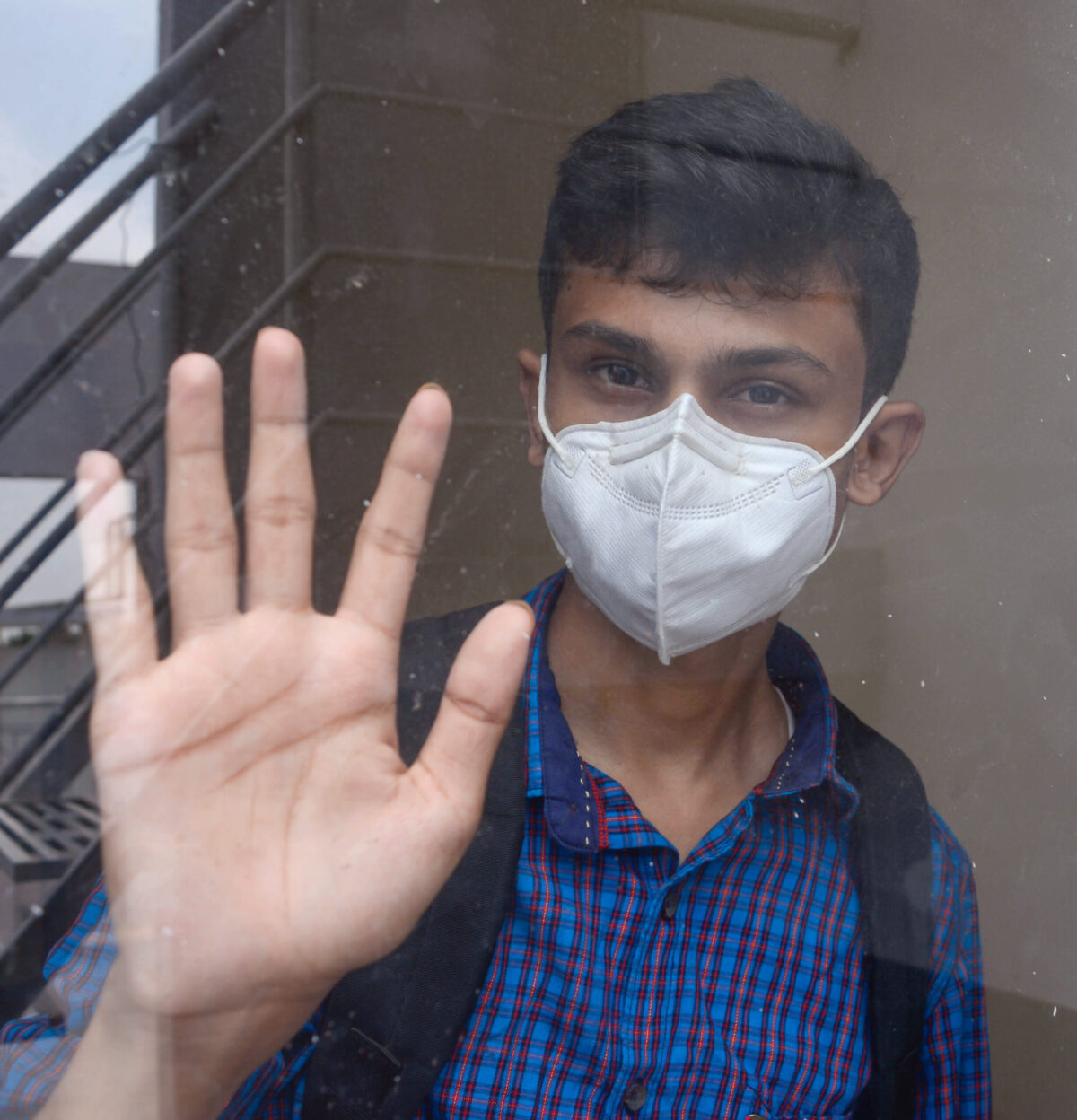The mental health system in New Zealand is not working, especially for those patients needing secondary and tertiary care.
A relevant example came from a friend who recently related the horrific time their family had been having with one of their adult children who has had mental health issues over the past five years. He has been suicidal and needed intense input from the family to keep him from harming himself.

It would be nice to think that our mental health systems could provide robust support for this person but that is not what is happening. Instead, the ‘care’ is piecemeal, sparsely available, often inaccessible and with extraordinary waiting times for longer, more therapeutic programmes. The national paucity of long-term beds is atrocious. This patient’s family is reeling in disbelief and exhaustion while he continues to suffer with severe mental health issues.
This situation is not good enough, nor is it isolated. There is a silent epidemic happening across the country with little public profile. Families are too dismayed and exhausted to effectively collaborate with other, similarly distraught and broken, families.
It has been a hectic couple of years living through a pandemic. There are vast health system changes being introduced this July – and it will take time for these to bed in enough to meet our diverse health needs. Disestablishing the 20 district health boards and replacing them with Health NZ and the Māori Health Authority becomes even more significant with national elections in 2023. Will we see tangible effects before a government change, or does our three-year election cycle make generational health system change near-impossible?
The NZNO Mental Health Nurse Section’s (MHNS) recent submission to the Ministry of Health’s consultation on transforming mental health law makes significant points. The MHNS has long been frustrated by the lack of positive change in struggling mental health units across the country – both secondary and tertiary are poorly-resourced. The evidence is there. For example, in the last week of March, the Mental Health and Wellbeing Commission released its report on mental health and addiction, Te Huringa, which found little improvement in mental health services since 2019, despite $1.9 billion allocated for mental health and wellbeing in that year’s Budget.
. . . ‘care’ is piecemeal, sparsely available, often inaccessible and with extraordinary waiting times. . .
The MHNS emphasised the potential of te Tiriti o Waitangi to underwrite mental health law change. “Compliance with Te Tiriti would mean that such support and assurance (to ensure that patients’ rights are upheld) should be provided by an agent appointed by, and accountable to, both Treaty partners,” its submission said. With a disproportionate number of Māori suffering mental health issues, the system needs to provide kaupapa Māori models of care for all the affected tangata whaiora. Yet, the clinicians will inevitably be blamed if this model of care is not embedded in the health system.
The MHNS also stated: “There has to be a judgement between the risks of not enforcing treatment and also the rights of the person to self-determination; and also consideration of safety and wellbeing of family/whānau/caregivers who may be detrimentally impacted if a mentally unwell person who needed treatment was to be returned to their care.” Can our society afford not to provide the quality of mental health care that is required? What are the long-term risks attached to leaving patients and their families (if still speaking to one another) to flounder in a sea of doubt, insecurity and alienation?
Since the Government’s 2018 mental health and addictions report, He Ara Oranga, there has been growing emphasis on primary mental health care being provided through lived-experienced peer support. The Ministry of Health’s public consultation document states: “New legislation can support mental health services to shift their focus from reactive risk management to proactively supporting the safety of people, with the concept of safety defined from the perspective of the person rather than the practitioner.” (p15) But how does this shift in focus and resourcing sit with acutely unwell, suicidal and/or psychotic patients? Sorely lacking is a focus on secondary and tertiary mental health care. Experience tells us that excellent care must be provided by qualified mental health practitioners to safely validate requirements imposed by legislation – such as detaining a mentally disordered person for up to six hours to be examined. These practitioners must be appropriately resourced and staffing levels mandated.
Any significant change at secondary and tertiary level cannot happen without bolstering the workforce. This not only includes educating more staff, but also understanding the issues and other determinants that make current staff leave — and put potential staff off starting. This will not be an overnight fix and may need some thinking outside of the box to attract new staff – especially as house prices and availability become a prominent consideration for people deciding where to live and work.
There are many acute units around the country unable to provide safe staffing – February’s Nursing Safe Staffing Review (p25) reported staff frequently taking on back-to-back shifts and working 14-18 hours straight. With such dire conditions, experienced staff are walking away, leaving many services already at crisis point. Violence against staff and other patients is increasing in these under-staffed and under-resourced units. Yet, post-inquiry, there is the mistaken belief that bolstering primary mental health care with unregulated personnel will be a panacea.
Listening to my friend speaking of the despair she and her family are experiencing in having to watch their adult child’s mental health deteriorate is confounding. The lack of informed support imperils their family structure and is causing them to question their integrity, their own mental health, and their respect for one another. We need to strengthen our voice as nurses in to advocate for the pressing realities of mental health needs that are significantly affecting New Zealand’s growth and development. Are we up to the task? How can we best influence societal support and resourcing?




